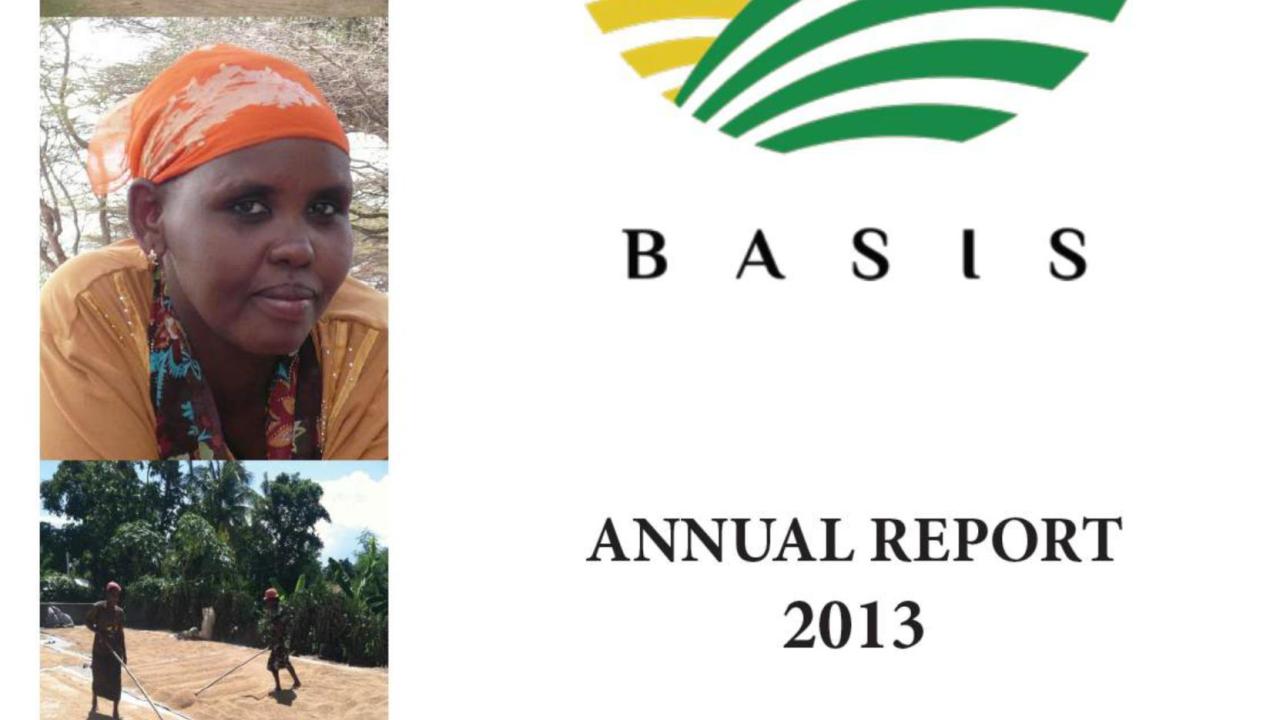
Just over a decade ago, the BASIS Assets and Market Access research program launched a series of research projects focused first on understanding the causes and consequences of poverty traps in the rural areas of the developing world, and then later designing and testing solutions intended to create pathways from poverty.
Key findings from that earlier work included the fundamental nature of risk as a cause of chronic poverty, the importance of a critical minimum asset bundles as the starting point for a successful pathway from poverty, and the importance of relaxing information and financial constraints to the adoption of improved technologies that enhance the returns to any given asset bundle.
With its refunding in 2012, BASIS has launched a mature research agenda that prioritizes work in these areas:
- Financial Innovations in Risk Management
- Mechanisms for Adoption of Improved Technologies
- Synergistic Packages of Financial and Technological Innovations
At the date of this report, BASIS now has a full program with 17 projects spread nearly evenly across these three areas. While many of these projects are just now beginning, this past year has seen three especially important findings emerge from the BASIS research portfolio:
- Temporary Subsidies Can Permanently Boost Smallholder Technology Adoption and Living Standards
- Risk Transfer through Insurance Can Significantly Reduce Reliance on the Costly Coping Strategies that underlie the intergenerational Transmission of Poverty
- Well‐designed Insurance can Crowd-in Smallholder Investment in Remunerative Technologies and Market Opportunities
